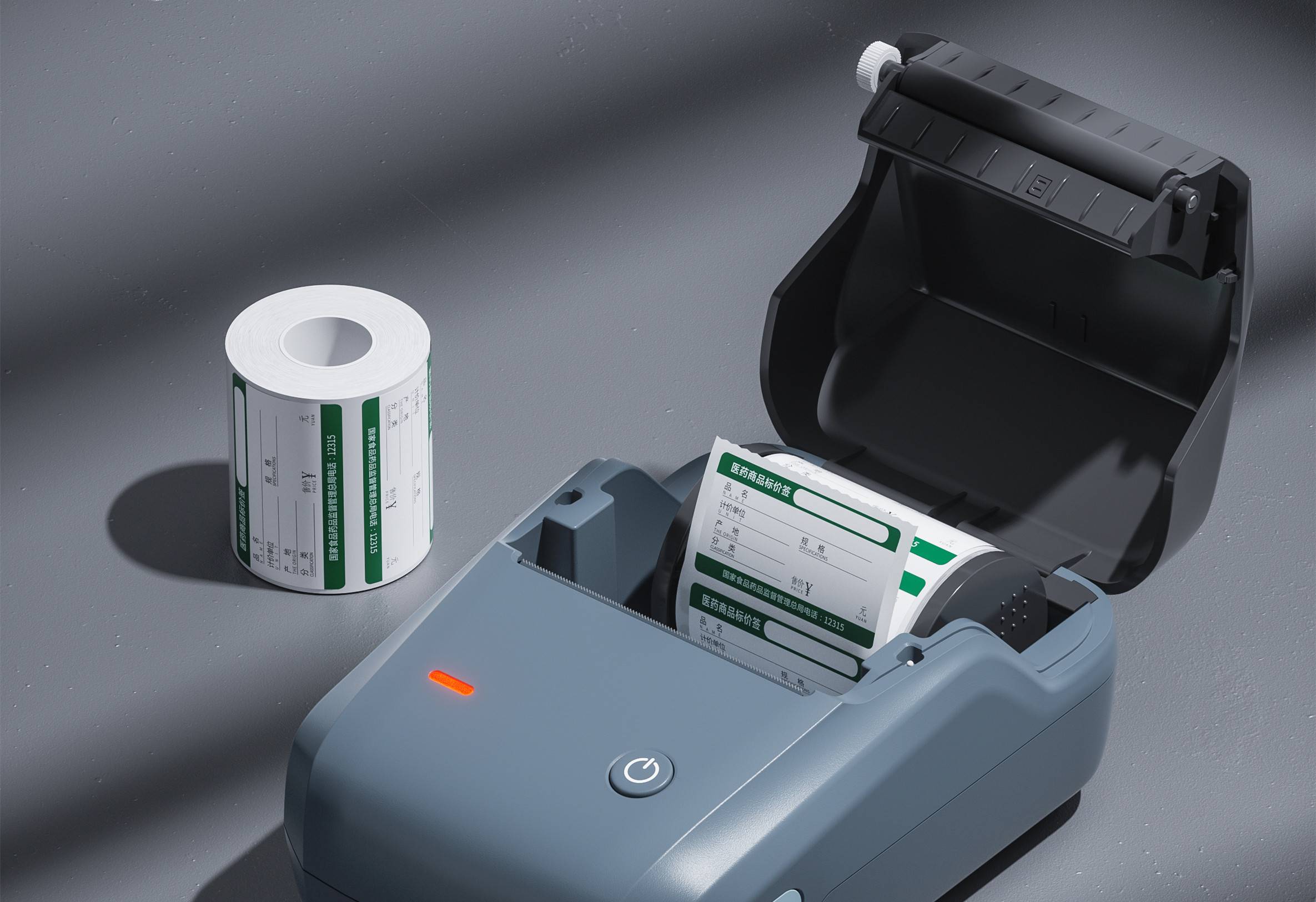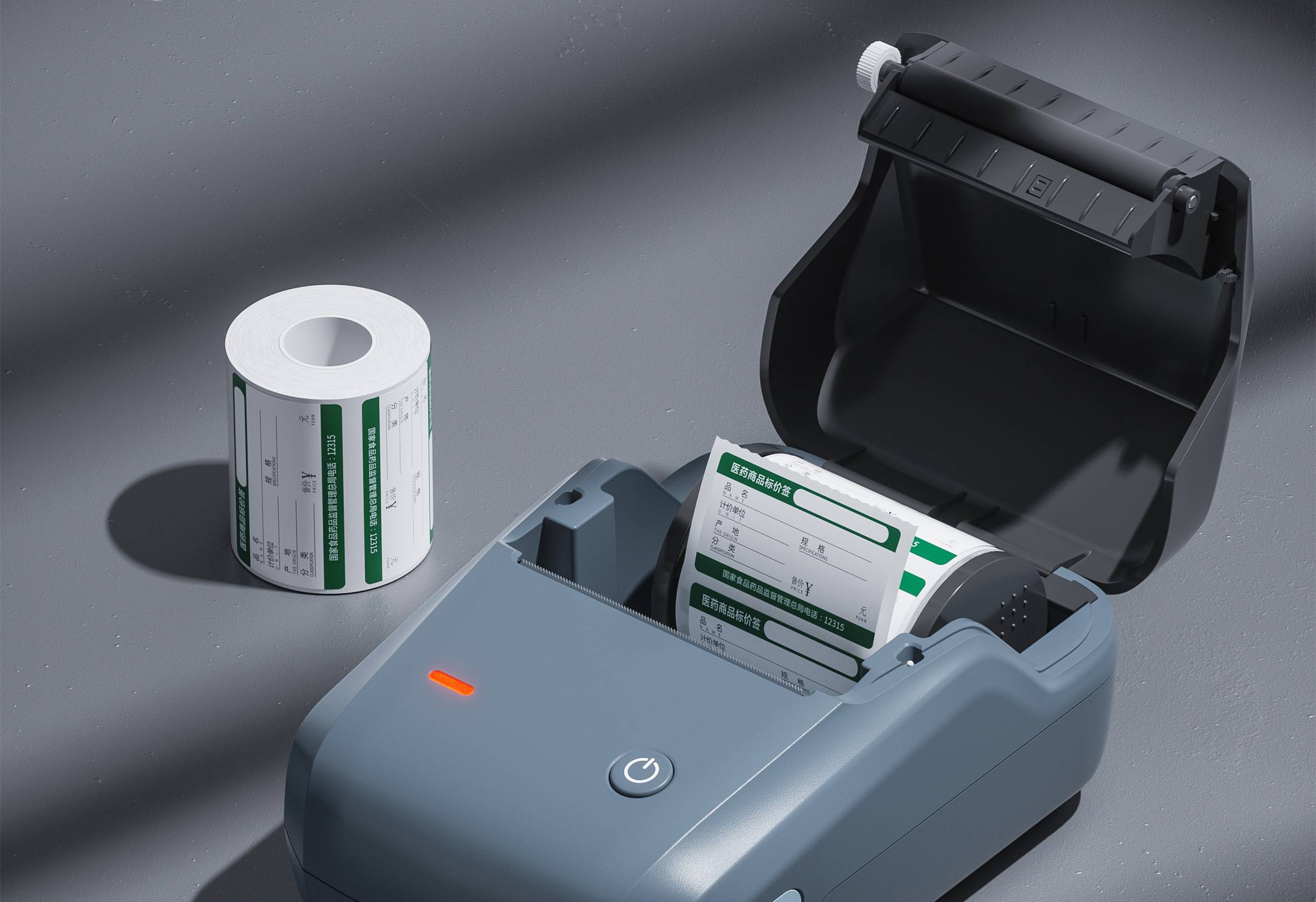
Introduction to RoHS certification
The RoHS Directive is called The Restriction of the use of Certain Hazardous Substances in Electrical and Electronic Equipment). In 2002, the European Union first proposed the RoHS concept-the directive on restricting the use of hazardous substances in electronic and electrical products (EEE).
Directive 2002/95 / EC or RoHS: On July 21, 2011, the EU restricted lead (Pb), mercury (Hg), cadmium (Cd), hexavalent chromium (Cr6 +), polybrominated biphenyls (PBB) and polybrominated diphenyl ethers ( PBDE) is used in the production process of certain electrical and electronic equipment sold in the European Union.
Directive 2011/65 / EU or RoHS 2: EU restrictions on lead (Pb), mercury (Hg), cadmium (Cd), hexavalent chromium (Cr VI), polybrominated biphenyls (PBB), polybrominated diphenyl Ether (PBDE), bis (2-ethylhexyl) phthalate (DEHP), tolyl butyl phthalate (BBP), dibutyl phthalate (DBP), phthalic acid Diisobutyl ester (DIBP) (referred to as o-benzene 4P).
In addition to the European Union, other countries and regions in the world such as China, California, Singapore, India, UAE, and Turkey have also issued RoHS control requirements, making RoHS the most basic entry barrier for electronic and electrical products to enter the global market.
Test items and regulatory requirements
The content in each homogeneous material shall not exceed the following limits:
Lead: 1000ppm limit
Mercury: limit 1000ppm
Hexavalent chromium: limit 1000ppm
Cadmium: limit 100ppm
Polybrominated biphenyls (PBB): Limit 1000ppm
Polybrominated diphenyl ethers (PBDE): Limit 1000ppm
Di (2-ethylhexyl) phthalate (DEHP): limit value 1000ppm
Dibutyl phthalate (DBP): limit 1000ppm
Butyl benzyl phthalate (BBP): Limit 1000ppm
Diisobutyl phthalate (DIBP): 1000ppm
Applicable product range
The RoHS directive covers a wide range of products, covering almost all electrical and electronic products and their raw materials:
Category 1-Large household appliances
Category 2-Small household appliances
Category 3-IT and communications equipment
Category 4-Consumer equipment
Category 5-Lighting equipment
Category 6-Electronic and electrical tools
Category 7-Toys, leisure and sports equipment
Class 8-Medical equipment
Class 9-Monitoring equipment including industrial monitoring and control instruments
Category 10-Vending Machine
Category 11-Other EEEs not included in the above categories
application process
1. Apply for ROHS testing and submit an application form;
2. Our company provides quotation;
3. Make payment according to the quotation agreement between the two parties;
4. Mail samples to our company;
5. Arrangement for testing matters;
6. Data come out, pass / fail;
7. Mail the report to the applicant, and the test is over.
Application materials
1. Only heavy metal detection: about 5-10g for solids and 5-10mL for liquids;
2. Only brominated flame retardants are tested: solids need to provide about 10-20g, liquids need to provide 10-20mL;
3. Carry out heavy metal organic pollutant detection: provide about 20-30g samples;
4. Perform other organic pollutant detection: provide about 30g of sample;
5. For samples that only detect the coating (coating) part, the approximate weight of the material part of the coating (coating) needs to be indicated; if the weight of the coating (coating) part does not meet the requirements for sample delivery, the coating ( Coating) raw materials.
other
How much does RoHS testing cost?
RoHS testing is a very common chemical test, and the price is relatively cheap. RoHS testing is charged based on the material. A material is about 500 yuan, and more materials can be calculated at the package price.
How long is the RoHS report valid?
The RoHS certification does not have a mandatory validity period. If the RoHS certification test standard is not revised, the original ROHS certificate can be valid for a long time.
How long does it take to do RoHS testing?
Common products apply for ROHS certification. On the premise that customers provide samples and information, the RoHS testing time for conventional products is about 5-7 days.
Does RoHS certification require factory inspection?
RoHS does not require factory inspection.

Label printers entering the Brazilian market, ANATEL certification is an essential passport! It is the recognition of the Brazilian Telecommunications Authority for the safety and compliance of electronic products, without which products cannot be legally sold.

SRRC certification is not only a guarantee of product compliance, but also a key to opening up the market.

FCC ID certification is a mandatory certification for electronic products by the Federal Communications Commission (FCC) in the United States, and it is essential for label printers to obtain this certification.
The RoHS Directive is called The Restriction of the use of Certain Hazardous Substances in Electrical and Electronic Equipment). In 2002, the European Union first proposed the RoHS concept-the directive on restricting the use of hazardous substances in electronic and electrical products (EEE).
Get a quote